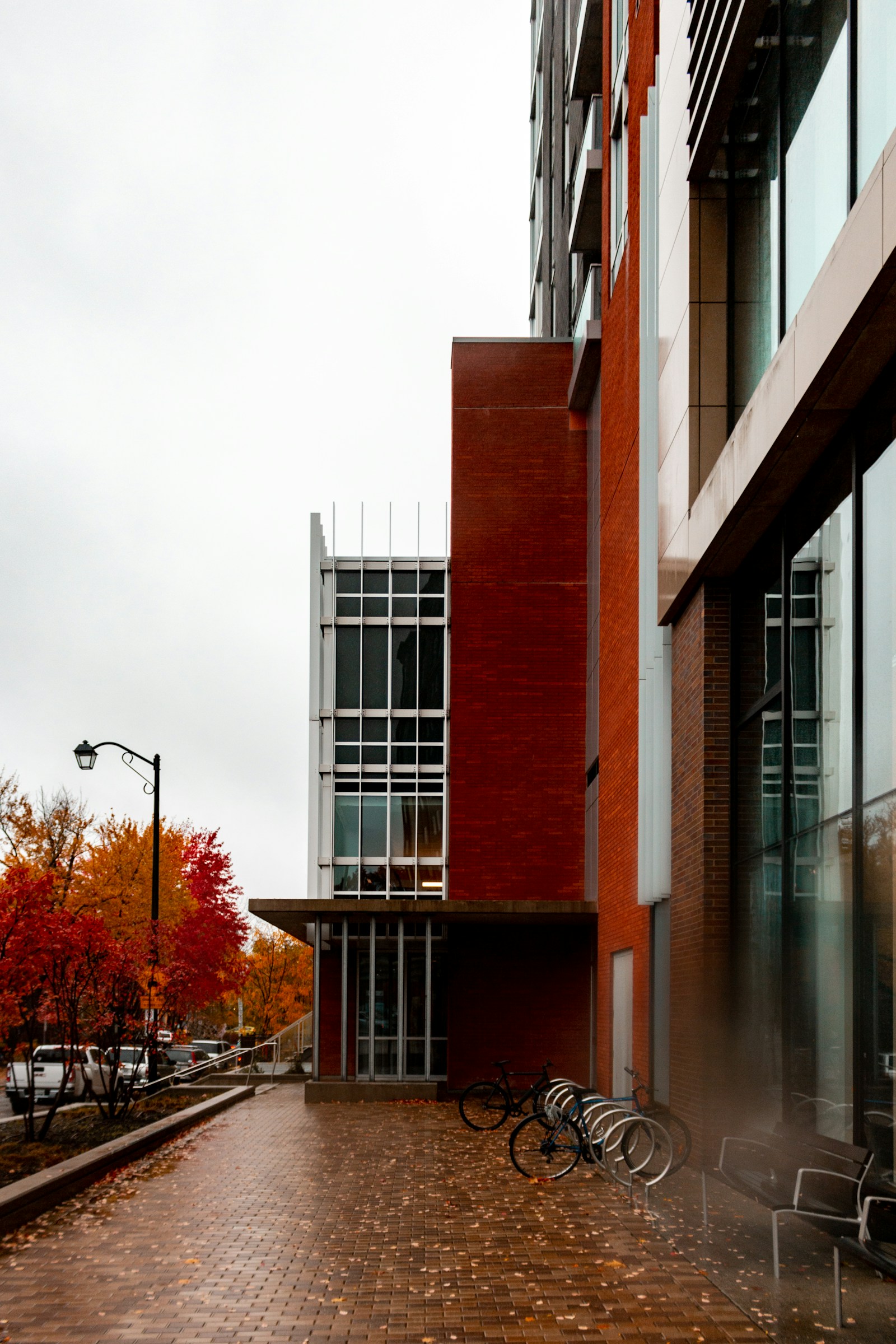Property taxes are one of the most misunderstood costs for Ottawa home buyers — and one of the easiest to underestimate.
Many buyers focus on the purchase price and mortgage payment, only to be surprised later by how property taxes affect their monthly budget and mortgage qualification.
This guide explains how Ottawa property taxes work in 2026, what buyers should expect to pay, and how taxes differ by neighbourhood and property type.
What Are Property Taxes Used For in Ottawa?
Ottawa property taxes fund local services such as:
Schools
Transit and roads
Emergency services
Parks, recreation, and libraries
Taxes are collected by the City of Ottawa and are separate from mortgage payments.
How Ottawa Property Taxes Are Calculated
Property taxes are based on two key factors:
1. MPAC Assessed Value
Your home is assessed by MPAC (Municipal Property Assessment Corporation).
Important to know:
Assessed value is not always the same as market value
Assessments are phased in over time
New builds can be reassessed after purchase
2. The City of Ottawa Tax Rate
The City sets tax rates annually.
Your annual property tax is calculated as:
MPAC assessed value × municipal tax rate
This is why two similar-priced homes can have very different tax bills.
Typical Property Taxes in Ottawa (2026)
While exact amounts vary, buyers in 2026 often see:
Condos: Lower absolute taxes, but varies widely by location
Townhomes: Moderate taxes, common for first-time buyers
Detached homes: Higher overall tax bills
Newer homes and larger lots generally carry higher assessments.
Property Taxes by Neighbourhood (General Patterns)
While each home is unique, general patterns include:
Central neighbourhoods: Higher taxes per square foot
Suburban areas: Larger homes but sometimes lower relative tax rates
Newer developments: Often higher assessments due to modern builds
Always check the specific property’s tax bill — not just the area average.
How Property Taxes Affect Mortgage Approval
Lenders include property taxes when calculating affordability.
Higher taxes:
Reduce the mortgage amount you qualify for
Increase monthly carrying costs
This is especially important for buyers near their maximum budget.
Monthly vs Annual Tax Payments
Buyers can usually:
Pay property taxes directly to the City (monthly or quarterly)
Or include taxes in mortgage payments (via the lender)
Each option affects cash flow differently.
Common Buyer Mistakes
Assuming taxes are similar across neighbourhoods
Forgetting that new builds may be reassessed upward
Budgeting for mortgage only, not total carrying cost
Property taxes are predictable — if you plan for them.
How to Check Property Taxes Before You Buy
Before making an offer, buyers should:
Review the current tax bill
Ask whether reassessment is likely
Factor taxes into long-term budgeting
This avoids unpleasant surprises after closing.
Ottawa Property Taxes vs Other Cities
Compared to larger cities, Ottawa property taxes are generally:
More stable year over year
Less volatile than some major markets
But stability doesn’t mean insignificant — taxes still matter.
Final Thoughts: Why Property Taxes Matter
Property taxes don’t get headlines — but they quietly shape affordability.
Smart buyers treat property taxes as part of the total cost of ownership, not an afterthought.
Want a True Monthly Cost Breakdown?
Online calculators often underestimate real ownership costs.
If you want a full monthly cost breakdown — mortgage, taxes, fees, and utilities — based on real Ottawa listings, it can make decision-making much easier.
Happy to help walk through it.






